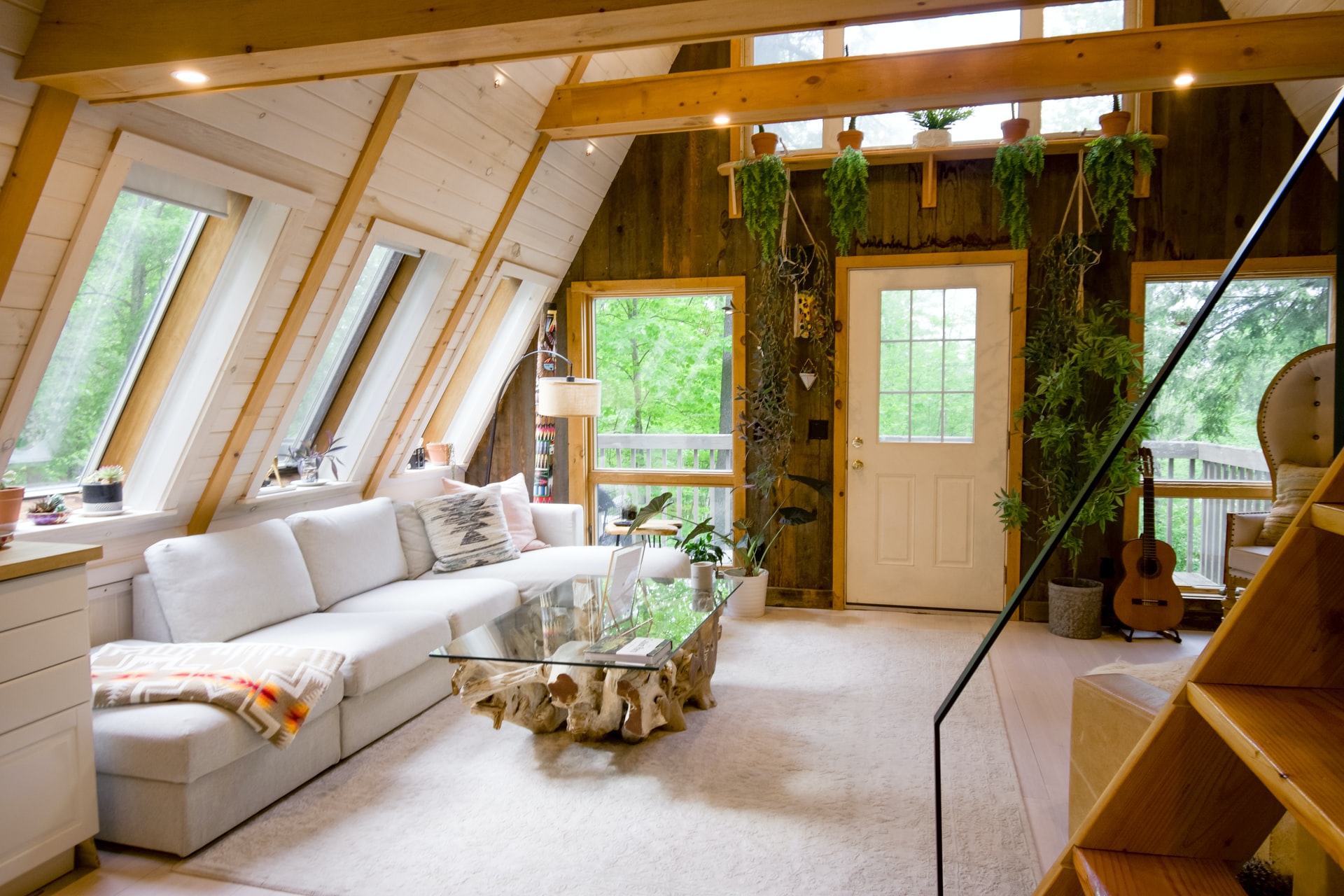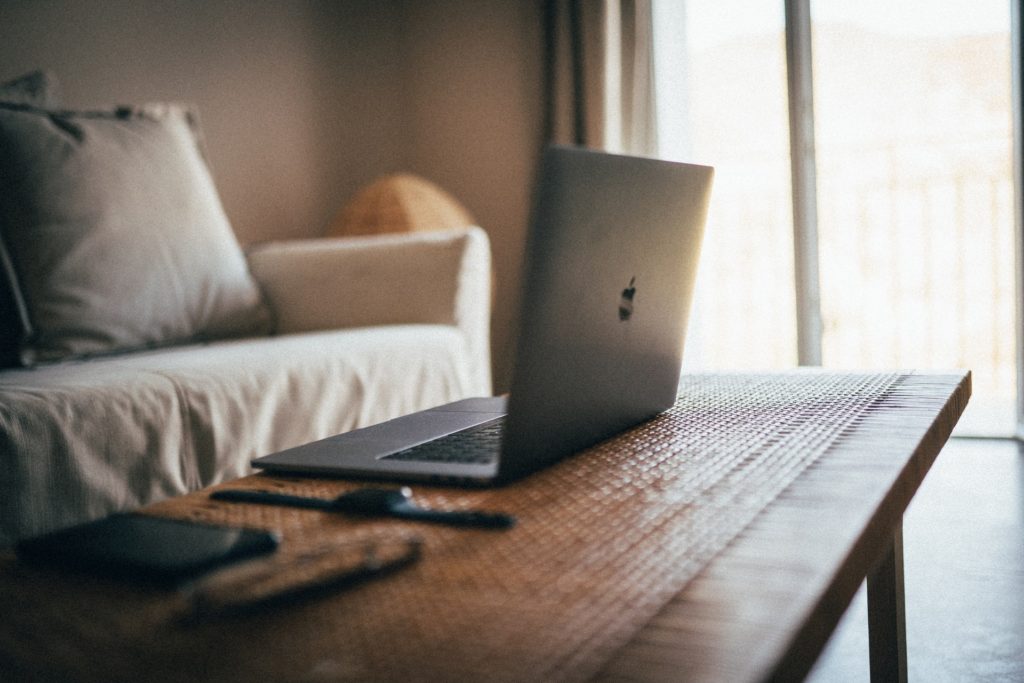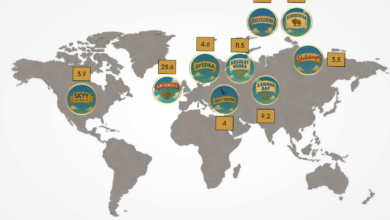Airbnb: How to make money, A useful guide!

Travellers are increasingly using peer-to-peer short-term rental businesses like Airbnb and others as alternatives. While on vacation, some travellers yearn for a sense of home.
Others are looking for accommodations that can accommodate large gatherings in one space. Peer-to-peer short-term rentals are frequently viewed as being less expensive than conventional hotel rooms as well.
Many people are attracted to this well-known side venture because they wish to make money off of an existing asset: their home.
An investigation found that monthly earnings for Airbnb hosts was on average $924. Of course, a number of factors, like your location, the frequency of your rentals, the calibre of your home, and the services you provide, will affect your income.
You can provide lodging for visitors in their primary houses utilising the Airbnb network. Renters frequently seek out accommodations with a homey atmosphere that hotels do not give, even though the majority of hosts want to rent out their houses to make extra money.
Reservation service fees, which are paid by both guests and hosts, account for the majority of the company income. These are the basic principles of using Airbnb to generate income.
Promote on Airbnb to earn money
You decide when and how much of your space is made accessible. When you list for free, you can individually approve prospective visitors.
Before choosing your pricing, you should check out other listings to ascertain the market rate in your neighbourhood.
You should include in the costs of hosting, including cleaning, higher electricity bills, taxes, and Airbnb’s host fee of 3% for processing payments.
Your guests will be charged a booking fee of 6 to 12 per cent by Airbnb. Ensure that you are aware of Airbnb’s host guidelines, which cover things like listing accuracy, communicating with guests, keeping your word regarding reservations, cleaning your house for each visitor, and providing necessities like soap and toilet paper.
Taxes and the Law
Before offering your house on Airbnb, you might need to get approval. To confirm that you are allowed to host, check the regulations of any homeowners’ association or cooperative that looks after your property. If you rent, you should get your landlord’s consent. According to Airbnb, any agreement with any of these companies needs to specifically include hosting through Airbnb.
Additionally, your town may require that you obtain a business licence, and any revenue you earn might be subject to local taxes. A temporary occupancy tax, which is the same tax that hotels must pay, may be imposed on you. Usually, hotels charge this price to their guests: You undoubtedly recall the 13 per cent surcharge that was added to your bill the last time you visited.
The last time you stayed somewhere, your bill undoubtedly had an extra 12 percent added; hotels usually pass this fee on to their guests. You can use Airbnb to search for details on the laws in many cities.
Form 1099 will also inform you and the IRS of the federal taxes you owe on your Airbnb income. However, by deducting business expenses like insurance and cleaning charges, you might be able to reduce your taxable Airbnb income.
Personalised Safety
If you rent out your home while you’re away, you’re generally not in danger of getting hurt.
Select a secure location first before storing something with a high sentimental or monetary value. Your wedding dress, Grandpa’s gold watch, photo albums, emergency cash, and tax returns are a few items you should store away. Give strangers no opportunity to steal your property or your identity.
Although there are some instances where Airbnb will charge a fee, you can always decline a reservation or even cancel a booking. You may feel more at ease if you read reviews from prior hosts.
Only guests who have successfully completed Airbnb’s Verified ID process can make reservations with you.
Both hosts and guests can have Airbnb verify their identities by attaching a valid government-issued ID and connecting a Facebook, Google+, or LinkedIn account to an Airbnb account.
Safely using Airbnb
Airbnb also provides owners with guidance on how to make their homes safer. If keeping your property safe for guests isn’t enough of a reason for you, you might also want to think about reducing your risk of being sued by a guest who gets wounded while on your property.
Visitors may give a place less favourable reviews if there aren’t basic safety precautions in place, such as installing smoke and carbon monoxide detectors and removing or making guests aware of any trip or fall hazards. If you’re very irresponsible, Airbnb may discontinue allowing you to host.
Affordability and Insurance
Let’s talk about liability in terms of insurance. In 29 countries, including the US, UK, and Canada, the host guarantee provided by Airbnb provides up to $1 million in insurance coverage for property damage.
Airbnb offers insurance, however it does not take the place of renter’s or homeowner’s insurance, and it does not protect against theft or personal liability.
When renting out your apartment through Airbnb, confirm that your policy covers your property, your possessions, and your liability by speaking with your homeowner’s or renter’s insurance provider. If you need more protection, an umbrella policy can be the solution.
Airbnb provides liability insurance to American hosts. It gives up to $1 million in coverage per event but is secondary to any other insurance, such as your homeowner’s policy or your landlord’s insurance, that might cover the incident.
Because Airbnb’s liability insurance contains exclusions and restrictions, just like any other insurance policy, it is important to read the fine print to fully understand what is and is not covered.
Normal wear and tear to your house is not covered by the host guarantee provided by Airbnb, but you can get a security deposit to pay for any potential damage.
You won’t be able to determine who caused the damage and you won’t be able to submit a claim if you don’t inspect your property after each departing visitor. The property’s “before” value should be supported, and any damage should be photographed.

How Airbnb will make you money? here is the real deal :
By using Airbnb, visitors pay you. Within 24 hours of your guest’s arrival, Airbnb will release your payment if there are no problems. You will get paid within one business day if you choose PayPal or a Payoneer prepaid debit card.
You will get your payment quickly if you opt for a bank transfer, and it will come within 15 business days if you opt for a cheque that is mailed to you.
Within 24 hours after checking in, guests must notify Airbnb if there is a problem that calls for a refund. Visitors who try to contact you about a problem may be allowed to finish booking their reservation and receive a partial refund if you don’t respond to their questions.
Airbnb may force you to return the guest’s money if you abruptly cancel a reservation, forget to hand over the key, misrepresent your listing, don’t keep your house clean, or otherwise don’t adhere to its hospitality standards.
Airbnb suggests being approachable within 24 hours of guests’ scheduled check-in so you may address any concerns they may have because many problems are simple to fix. In your advertisement, be sure to specify the type of lodging, the number of bedrooms and bathrooms, and the facilities.
If you decide to provide sheets and towels, make sure they are clean. Also, mention whether there will be any animals on the property.
If you agree to pay a visitor in a way that is not through the Airbnb platform, you can also suffer consequences.
It’s likely that a visitor is trying to take advantage of you or avoid paying Airbnb’s guest fee. You will only save 3% if you decide not to utilise Airbnb’s payment method as a host, and if Airbnb finds out, they might stop working with you in the future. So don’t try to circumvent the system.
The bottom line:
Opportunities for supplemental income are emerging in the sharing economy that weren’t even conceivable a few years ago. Many of these choices require you to feel comfortable navigating unclear local laws, granting others access to your most prized possessions, and taking on additional legal obligation.
Regardless of Airbnb, if you’re prepared to take chances you might be able to earn few dollars more.




